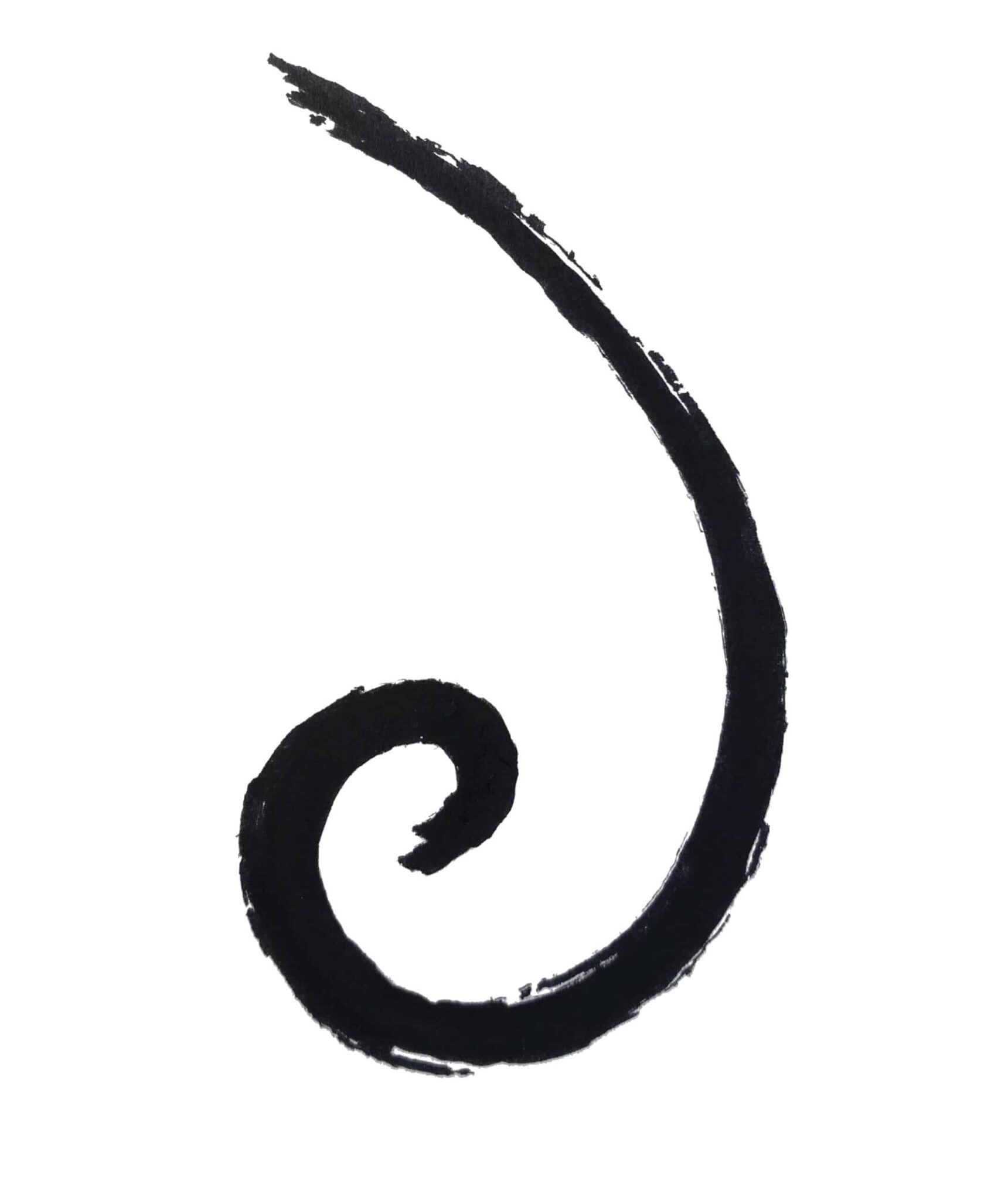
Rainer Maria Rilke (1875-1926) was an Austrian-German poet whose work explored nature, solitude, and human existence. Writing in the early 20th century, Rilke articulated a sense of intimacy with the natural world that examined relationships between self and environment.
Rilke’s work depicts trees, animals, flowers, and mountains not as objects but as presences with whom one shares existence. His concept of “world inner space” (Weltinnenraum) suggested that knowledge comes from allowing the world to arise within consciousness through deep attention and openness. This phenomenological approach to nature proposed a participatory relationship between human awareness and the natural world.
Throughout works like the Duino Elegies (1923) and Sonnets to Orpheus (1923), Rilke explored how human awareness relates to natural phenomena. He proposed that authentic relationship with the living world requires receptive attention. His emphasis on solitude in nature involved retreats to locations including Capri, Spain, and the Swiss Alps.
Rilke’s work influenced phenomenological philosophy and nature writing. His Letters to a Young Poet (1929), published posthumously, offered advice on artistic development and observation of the natural world. Joanna Macy translated some of Rilke’s poetry in collaboration with Anita Barrows, bringing his work to environmental audiences.
Key Concepts
- World Inner Space (Weltinnenraum): The arising of world within consciousness through deep attention
- Nature as Presence: Recognition of natural beings as presences
- Participatory Consciousness: Human awareness as participating in nature
- Immanent Sacred: The sacred found within nature itself
Essential Works
- “Duino Elegies” (completed 1922, published 1923)
- “Sonnets to Orpheus” (1923)
- “New Poems” (Neue Gedichte, 1907-1908)
- “The Book of Hours” (Das Stunden-Buch, 1905)
- “Letters to a Young Poet” (1929, posthumous)
Selected Quotes
Perhaps all the dragons in our lives are princesses who are only waiting to see us act, just once, with beauty and courage. — Letters to a Young Poet (1929)
Let everything happen to you: beauty and terror. / Just keep going. No feeling is final. — “Go to the Limits of Your Longing” (1903)
I live my life in widening circles / that reach out across the world. — “Widening Circles” (1899)
If your daily life seems poor, do not blame it; blame yourself, tell yourself that you are not poet enough to call forth its riches. — Letters to a Young Poet (1929)
If you will stay close to nature, to its simplicity, to the small things hardly noticeable, those things can unexpectedly become great and immeasurable. — Letters to a Young Poet (1929)
Be patient toward all that is unsolved in your heart and try to love the questions themselves. — Letters to a Young Poet (1929)
I want to be with those who know secret things or else alone. — “I Am Too Alone in the World” (1903)
Spring has returned. The Earth is like a child that knows poems. — “Spring Sonnets” (1922)
Further Reading
Biographical Sources
- Wikipedia: Rainer Maria Rilke
- Freedman, Ralph. Life of a Poet: Rainer Maria Rilke (Northwestern University Press, 1996) - ISBN 978-0-8101-1471-9
Key Books
- Duino Elegies translated by David Young (W.W. Norton, 1978) - ISBN 978-0-393-04502-4
- Sonnets to Orpheus translated by M.D. Herter Norton (W.W. Norton, 1942) - ISBN 978-0-393-31048-4
- Letters to a Young Poet translated by M.D. Herter Norton (W.W. Norton, 1934) - ISBN 978-0-393-31039-2
- The Selected Poetry of Rainer Maria Rilke edited and translated by Stephen Mitchell (Vintage, 1989) - ISBN 978-0-679-72201-2
Related Resources
- Poetry Foundation: Rainer Maria Rilke
- Château de Muzot, Switzerland - Where Rilke completed the Duino Elegies
